Kenya Travel Guide
Discover Why You Should Visit Kenya
Why Visit Kenya?
Kenya is one of Africa’s most popular and diverse travel destinations, offering everything from world-famous wildlife safaris to white-sand beaches along the Indian Ocean.
Home to the Great Migration, the Maasai Mara, and Mount Kenya, the country promises rich experiences for nature lovers, cultural explorers, and adventure seekers.
Ideal for: Safari-goers, honeymooners, hikers, wildlife photographers, and cultural travelers.
Must-Know Facts
Capital/Major City: Nairobi
Language(s): Swahili and English (both official)
Currency: Kenyan Shilling (KES)
Best Time to Visit: June to October and January to February (dry seasons)
Fun Fact: The Great Migration, involving over two million animals, takes place annually between Kenya’s Maasai Mara and Tanzania’s Serengeti.
Top Things to Do
Go on a safari in the Maasai Mara to see the Big Five
Relax on Diani Beach or visit the coastal city of Mombasa
Visit Nairobi National Park located just outside the capital
Explore Mount Kenya National Park or hike its lower slopes
Discover Swahili heritage in Lamu Old Town, a UNESCO World Heritage Site
Local Culture & Lifestyle
Kenya is home to over 40 ethnic groups, each with its own traditions, languages, and clothing.
The Maasai and Samburu communities are among the most well-known for their colorful attire and nomadic lifestyle.
Community and hospitality are deeply valued, and music and dance play central roles in celebrations.
Food & Drink Highlights
Street Food: Nyama choma (grilled meat), samosas, mandazi, roasted maize
Restaurants: Carnivore (Nairobi), Talisman Restaurant, Tamarind Dhow (Mombasa)
Drinks: Sugarcane juice, Tusker beer, chai (spiced tea)
Desserts: Mabuyu (sweetened baobab seeds), mahamri (fried dough)
Main Dish & Culinary Symbols
Signature Dish: Ugali with sukuma wiki (collard greens) and nyama choma
Common Ingredients: Maize, beans, goat, beef, greens, spices
Culinary Culture: Meals are typically hearty and communal, often eaten with hands and centered around shared platters.
Symbols & Icons of the Area
Natural Icons: Mount Kenya, Maasai Mara, Lake Victoria, Rift Valley escarpment
Cultural Icons: Maasai beadwork, shukas, kikoys, wooden sculptures, African drums
Hidden Gems & Off-the-Beaten-Path
Lake Turkana, the world’s largest desert lake and a cradle of mankind
Chalbi Desert for surreal landscapes and camel safaris
Aberdare Ranges for waterfalls, dense forest, and hiking
Shopping & Souvenirs
What to Buy: Maasai jewelry, batik fabrics, wood carvings, soapstone art
Where to Shop: Maasai Market (Nairobi), Akamba Handicraft (Mombasa), local artisan markets across towns
Getting Around
Public Transport: Matatus (shared minibuses) are cheap but chaotic; taxis and boda-bodas (motorbikes) are common
Car Rentals: Recommended for safaris and national parks with 4WD
Tip: Domestic flights connect Nairobi to most safari destinations and the coast
Walkability: Good in tourist areas but limited in rural zones
Travel Tips
Get vaccinations before traveling, especially yellow fever and typhoid
Respect local customs and dress modestly in villages and coastal towns
Carry cash in small denominations as card use is limited in remote areas
Hire certified guides for safaris and nature treks for safety and insight
Where to Stay
Budget: Wildebeest Eco Camp (Nairobi), Distant Relatives Eco Lodge (Kilifi)
Mid-range: Sarova Lion Hill Game Lodge, Voyager Beach Resort (Mombasa)
Luxury: Giraffe Manor, Angama Mara, The Sands at Nomad
Unique: Treehouse lodges, tented safari camps in the Mara, island villas in Lamu
Sample 4-Day Itinerary
Day 1: Arrive in Nairobi, visit Giraffe Centre and Karen Blixen Museum
Day 2: Fly or drive to Maasai Mara, afternoon game drive
Day 3: Full-day safari in Maasai Mara, visit a local Maasai village
Day 4: Return to Nairobi or fly to the coast for beach relaxation

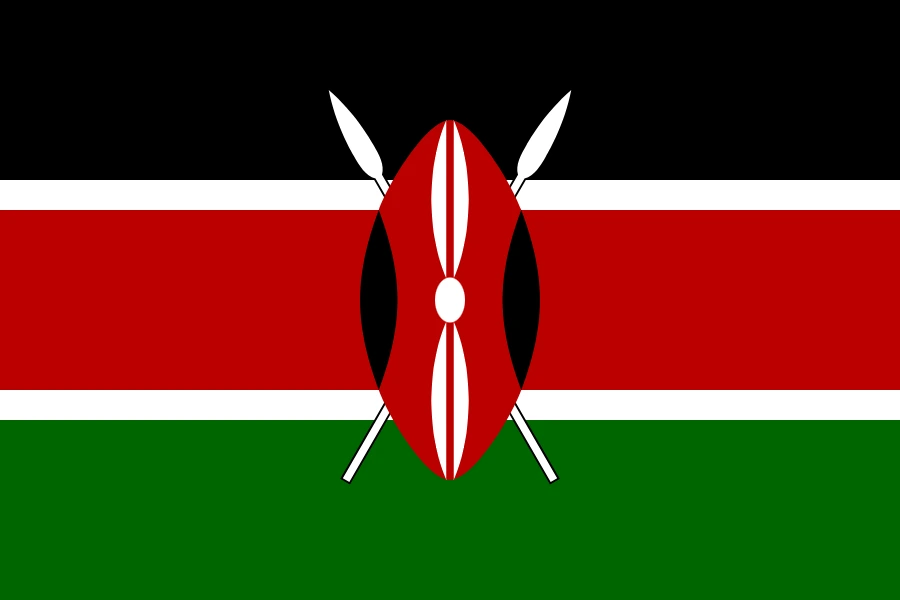
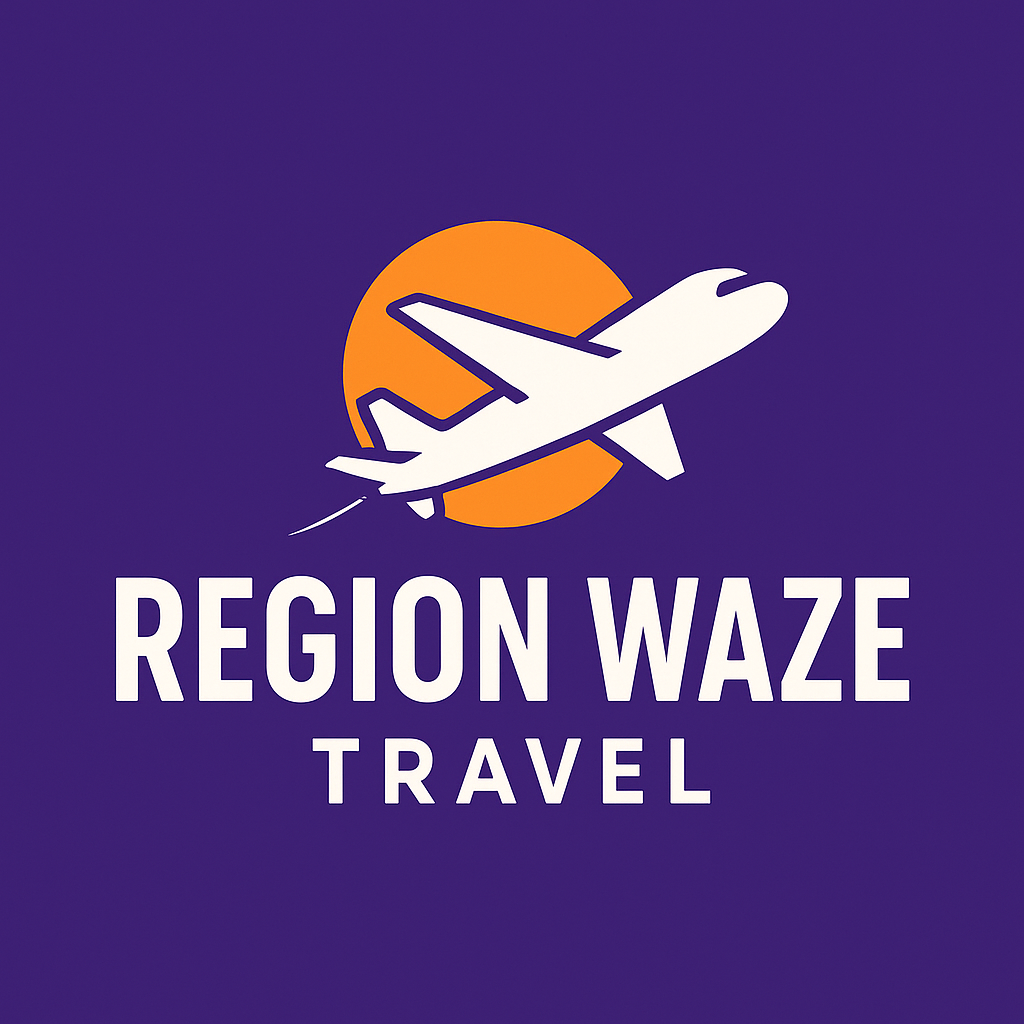
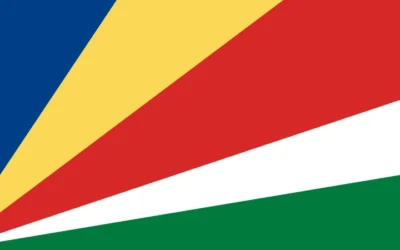
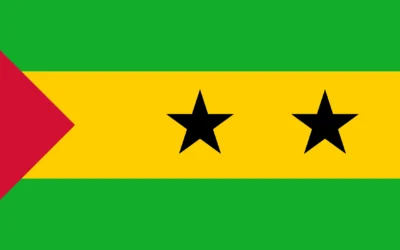
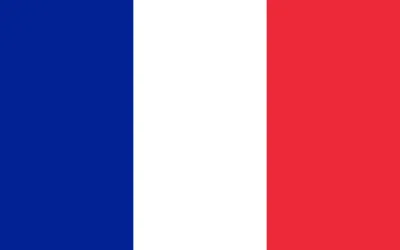
0 Comments